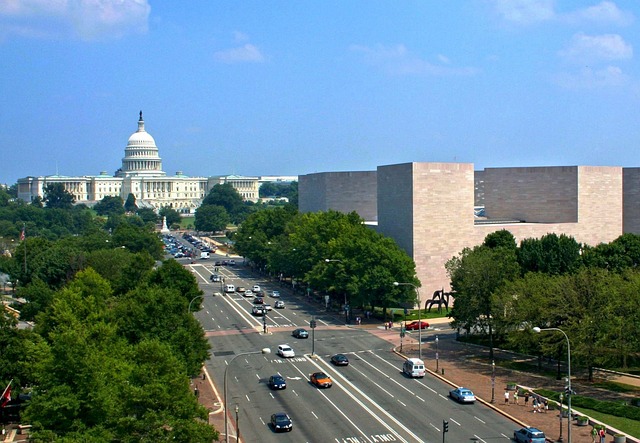The Role of Political Action Committees in Campaign Finance
all pannel.com, lotus book 365, laserbook247:When we think about how political campaigns are funded, it’s hard not to think about the role that Political Action Committees (PACs) play in campaign finance. PACs have become a significant part of the political landscape in the United States, influencing elections at every level of government. In this blog post, we will explore the role of PACs in campaign finance and how they have shaped the political process.
What are Political Action Committees?
Political Action Committees, also known as PACs, are organizations that raise and spend money to support or oppose political candidates, parties, or legislation. PACs can be formed by corporations, labor unions, interest groups, or individuals. These organizations are regulated by the Federal Election Commission (FEC) and must report their financial activities to ensure transparency in the political process.
PACs can take two forms: connected PACs and non-connected PACs. Connected PACs are sponsored by corporations, labor unions, or trade associations and are directly affiliated with a particular organization. Non-connected PACs, on the other hand, are independent entities that support candidates or causes without any direct affiliation with a specific group.
The Role of PACs in Campaign Finance
PACs play a significant role in campaign finance by raising and spending money to influence elections. These organizations can donate directly to candidates’ campaign committees, fund independent expenditures, or engage in electioneering communications. PACs provide candidates with financial support necessary to run competitive campaigns, allowing them to advertise, mobilize voters, and communicate their message effectively.
PACs can also help shape public opinion by funding issue advocacy campaigns or sponsoring ads that promote their preferred candidates. By pooling resources from like-minded individuals or organizations, PACs can amplify their voice and influence the political process. This ability to fundraise and spend money gives PACs a powerful tool to support candidates who share their values and policy priorities.
Critics argue that PACs have too much influence in the political process, leading to the perception that candidates are beholden to their donors. Some believe that the proliferation of PACs has created a system where money dictates political outcomes, rather than the will of the people. Others worry that PACs allow special interests to unduly influence politicians, compromising the integrity of the democratic process.
Despite these criticisms, PACs are a legal and essential component of the political system in the United States. They provide a way for individuals and organizations to participate in the political process and advocate for their interests. PACs can serve as a vehicle for individuals to pool their resources and make their voices heard in a crowded field of political actors.
The Influence of PACs on Elections
PACs can have a significant influence on elections by providing candidates with financial support and resources to run competitive campaigns. Candidates who receive funding from PACs often have a fundraising advantage over their opponents, allowing them to reach more voters and communicate their message effectively. PACs can also help candidates mobilize supporters, conduct research, and develop their campaign strategy, giving them a competitive edge in elections.
In addition to providing financial support, PACs can also help shape the political landscape by endorsing candidates, running issue advocacy campaigns, or sponsoring ads that promote their preferred candidates. By using their resources to support candidates who align with their policy priorities, PACs can influence the outcome of elections and shape the political agenda.
FAQs
1. Are PACs legal?
Yes, PACs are legal entities that are regulated by the Federal Election Commission (FEC) to ensure transparency and accountability in the political process.
2. Who can form a PAC?
Any individual, corporation, labor union, or interest group can form a PAC to raise and spend money to support or oppose political candidates, parties, or legislation.
3. How do PACs raise money?
PACs can raise money through donations from individuals, corporations, or other organizations. They are required to disclose their donors and financial activities to the FEC.
4. Can PACs donate unlimited funds to candidates?
No, PACs are subject to contribution limits set by the FEC. They can donate up to $5,000 per election to a candidate’s committee and up to $15,000 to a national party committee.
5. Do PACs have to disclose their donors?
Yes, PACs are required to disclose their donors and financial activities to the FEC on a regular basis. This transparency is essential to ensure accountability in the political process.
6. How can individuals get involved with PACs?
Individuals can support PACs by donating money, volunteering their time, or attending fundraising events. By getting involved with PACs, individuals can help support candidates who share their values and policy priorities.
In conclusion, Political Action Committees play a significant role in campaign finance by raising and spending money to support political candidates, parties, or causes. While PACs are a controversial aspect of the political system, they provide individuals and organizations with a way to participate in the democratic process and advocate for their interests. By understanding the role of PACs in campaign finance, we can better appreciate how these organizations shape the political landscape in the United States.







